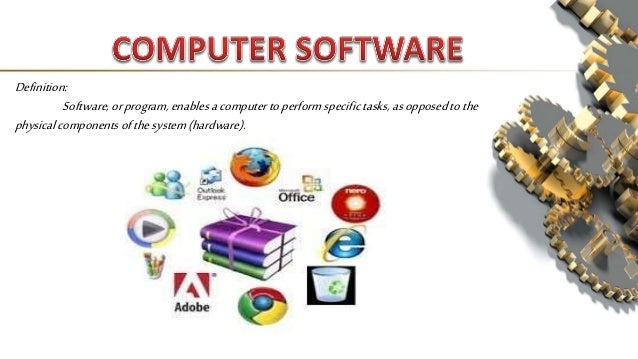The need for software in our lives is pervasive, influencing nearly every aspect of modern society. Here are key points highlighting the significance of software:
Communication:
Software plays a vital role in communication. From email clients and messaging apps to social media marketing platforms, software enables instantaneous and global communication.
Information Access:
Software, especially web browsers and search engines, provides usage of an immense level of information on the web. This accessibility enhances education, research, and overall knowledge.
Entertainment and Media:
Various types of entertainment, including video gaming, streaming services, and creative software tools, enrich our leisure time and contribute to cultural expression.
https://p30download.ir/fa/entry/104583/noavaran and Productivity:
Productivity software, collaboration tools, and business applications are integral to work environments, streamlining tasks, enhancing efficiency, and supporting professional collaboration.
Education:
Educational software facilitates learning through interactive tools, simulations, and online language resources. Learning management systems and virtual classrooms have become essential in modern education.
Healthcare and Medical Advances:
Software supports medical research, diagnostics, and patient care. Electronic health records (EHRs), medical imaging software, and diagnostic tools contribute to advancements in healthcare.
Financial Transactions:
Banking software, online payment platforms, and financial management tools enable secure and convenient financial transactions, adding to the evolution of the digital economy.
Navigation and Travel:
Navigation apps and travel software provide real-time information, route planning, and guidance, making travel more accessible and efficient.
Smart Devices and IoT:
Software is integral to the functionality of smart devices and the web of Things (IoT). Smartphones, smart home devices, and wearable technologies depend on software for his or her operation and connectivity.
Scientific Research and Exploration:

Software supports scientific simulations, data analysis, and modeling. It plays a crucial role in fields such as astronomy, physics, chemistry, and environmental science.
Social Connectivity:
Social media platforms and communication apps foster social connections and networking, enabling visitors to stay connected globally.
E-commerce and Online Shopping:
E-commerce platforms and online shopping websites are powered by software, providing a convenient method for consumers to browse, purchase, and receive goods and services.
Artificial Intelligence (AI) and Machine Learning (ML):
Software algorithms power AI and ML applications, adding to advancements in automation, predictive analysis, and decision-making.
Emergency Services:
Software supports emergency services by enabling efficient communication, data sharing, and coordination during crises.
Environmental Monitoring:
Software is used in environmental monitoring and analysis, aiding in the study of climate change, pollution, and conservation efforts.
Personalization and Customization:
Software permits personalization and customization of devices, applications, and user interfaces, tailoring experiences to individual preferences.
In summary, the importance of software inside our lives is multifaceted and continues to grow with technological advancements. It influences how we communicate, work, learn, entertain ourselves, and navigate the planet. The dynamic nature of software contributes to the ever-evolving landscape of our interconnected and digitalized society.
